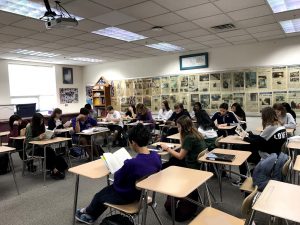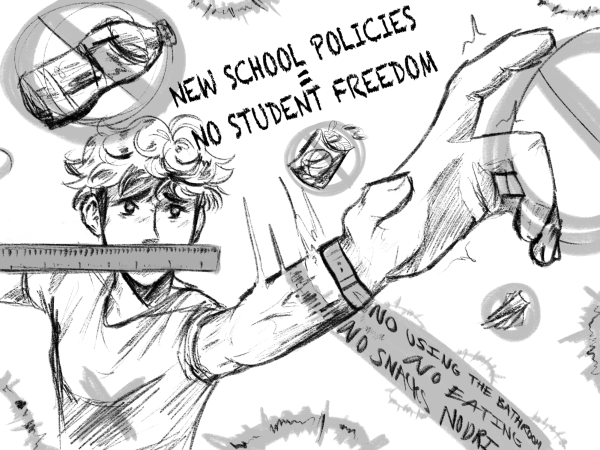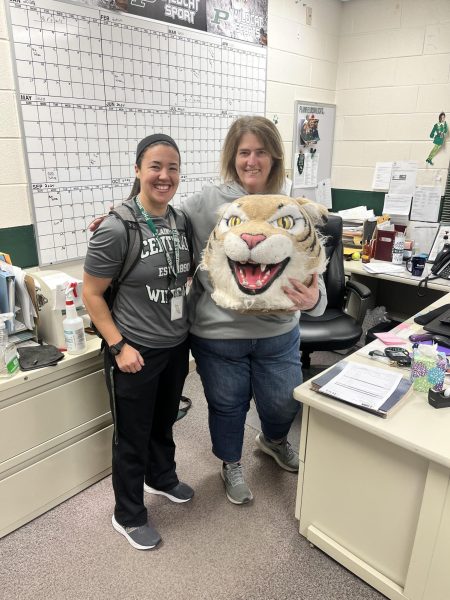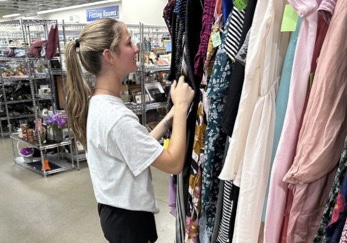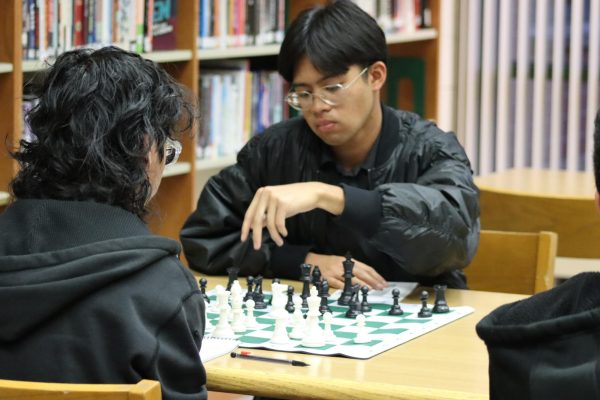ROAR schedule does not help students
September 19, 2019
Though the idea of sixteen minutes of free reading may seem beneficial to students, I believe that it is unnecessary.
As a student taking AP classes, the more time I receive in class to work on schoolwork, the better. My second hour is AP Government, which is the bulk of my homework every night. Sitting in a class period where sixteen minutes goes towards non-class related reading on top of five minutes for announcements feels like wasting time I could be working on vocabulary or the assignment for that class day. And because of the rigorous reading assignments that we receive each week, I find myself reading textbooks rather than a free reading choice, which is not the point of a free reading opportunity.
During that first day of ROAR, I found it difficult to transition into that second period once the minutes were up. Having to stop at a great part of a book almost discourages me from even taking those minutes for free reading, for I would rather read when I’m not being timed. Once I start in a book, I have a hard time stopping.
Personally, I love reading outside of school. It’s a main way for me to destress and focus on non-academic material. In the future, do I see myself reading a book during ROAR? Probably not. Will I read a textbook? Yes.
Speaking of reading material, many students in my class particularly didn’t have a free read book; one student even asked if he could read a piece on his phone because it was the only option he had. This brings up another topic. I hope that with this new free reading time students will be allowed to bring a Nook or a Kindle with them to read. If students don’t purchase actual books, then they are stuck without resources to read.
While I do understand the basis of the schedule, it is annoying to lose minutes in my other classes. Not to mention, students lose minutes in lunch/study hall. This is particularly annoying because so many students must spend the first ten minutes of lunch waiting for in line. Losing an extra few minutes hinders how much time students have to eat. If students wanted to free read, they would during their study halls or after school.
The basis of the program makes sense, I mean who wouldn’t want to read a book of their choice? I think a lot of people would. But students who aren’t passionate about reading won’t suddenly love reading because of sixteen minutes a week. The same goes for learning; you can’t make someone love learning by forcing lessons down their throat. It’s based on the person and their interests, and for some, reading is not that.
Having time to read in school is, in theory a great idea, though in the long run I believe it is not beneficial.



